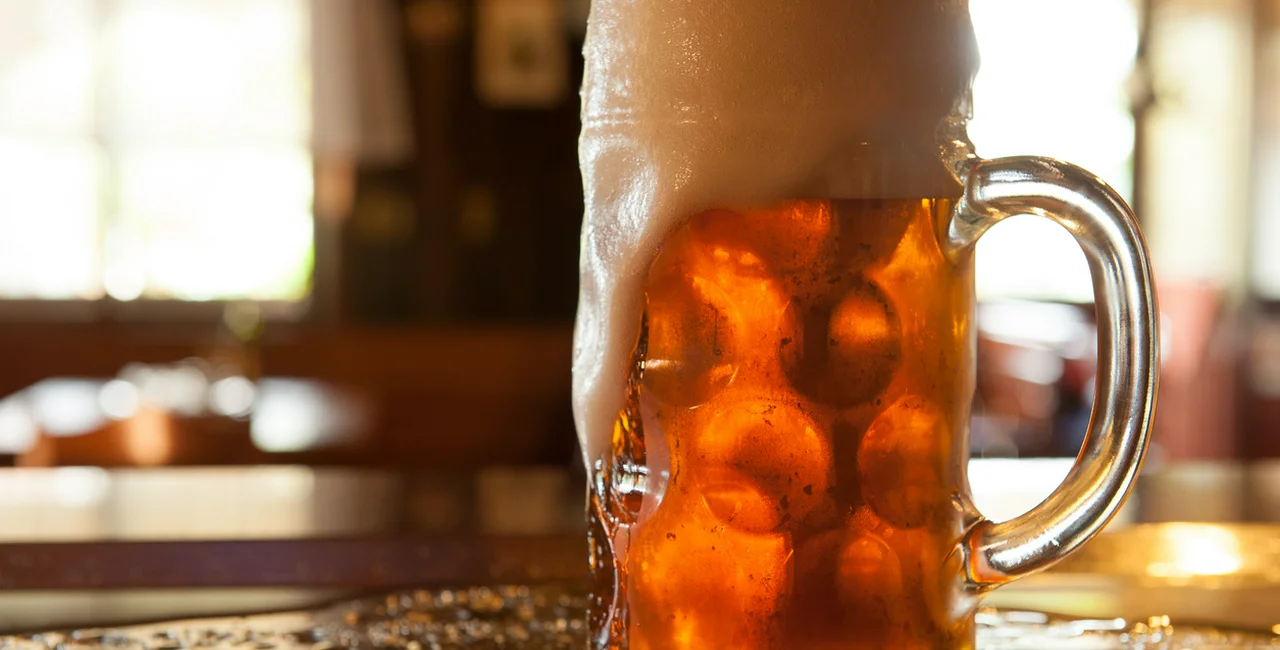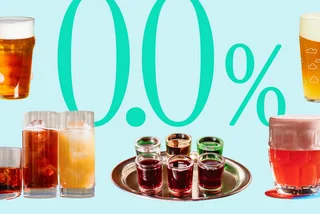Beer has limited life span before it starts to lose its flavor. During the coronavirus lockdown, a lot of beer that was already in or destined to go to pubs could not be sold, and now has to be destroyed. This isn’t as easy as it sounds.
Prague-based brewer Staropramen in 14 days will start disposing of thousands of hectoliers of unsold beer.
Pubs and restaurants across the Czech Republic have only been able to offer take-away or delivery since March 14. Currently the outdoor areas of restaurants can open May 11, and interior areas on May 25.
This has left pubs and restaurants with thousands of hectoliters of beer sitting in kegs and tanks. Many thousands more hectoliters are in warehouses, as breweries had no customers to ship the beer to.
Foreign demand also dropped significantly, as there are quarantine restrictions in neighboring markets as well. Exports account for about 30% of Staropramen’s business, not counting beer made under license.
Staropramen head Zdeněk Havlena, who took over the Molson Coors subsidiary in February, told server Seznam Zprávy that the beer would have to be withdrawn and disposed of. It simply can’t be poured down the municipal sewer but has to be disposed of ecologically and in the presence of representatives of the tax authority.
“From the point of view of excise tax requirements, such liquidation must be done with the assistance of the customs administration. We have a special protocol for how to work with such beer,” Havlena said.
The expired beer is poured into an internal pipe network. From there it travels to neutralization tanks, where it will be further treated to adjust the pH and other factors. Only then can it go into the city’s sewerage system.
During the next two to three weeks, Staropramen plans to gradually withdraw the expired beer from the venues that it was supplied to. This will take place in two to three weeks.
Staropramen will exchange the expired beer for new beer in restaurants free of charge before the restaurants reopen.
The financial loss will be in millions of crowns. “The good news is that the Lower House [of Parliament] has approved an amendment to the law that will allow us not to pay excise duty. Otherwise, the costs would be doubled,” Havlena said. The amendment still has approved by the Senate and signed by the president.
While disposing of large quantities of beer is new for most brewers, Staropramen has had to do it previously due to flooding that affected warehouses with both cask and bottled beer.
Havlena commented that he has not had an easy start taking over the reins at Staropramen earlier this year. “I can imagine a start under simpler conditions,” he said.
In an interview with E15 in early April, Havlena said that Staropramen would be shifting some of its production from kegs to bottles due to the coronavirus. “We produce more bottled beer, currently the demand for it has increased by about 15%,” he told E15.
Small breweries lack the option to shift production to bottles, as they often just sell kegs to a limited number of restaurants. A movement, though, to rally support for small brewers via home delivery and take out service from pubs has has some success.
Still, Czech-Moravian Association of Mini-Breweries (ČMSMP) president Jan Šuráň predicts that 25% of the roughly 500 Czech mini-breweries will close or be sold by their owners due to losses from the coronavirus crisis.
The Czech Republic has long led the world in beer consumption. Based on annual figures released at the end of 2019 by Japanese brewer Kirin, beer consumption in the Czech Republic per capita was 191.0 liters, up 13.6 liter per capita from the previous ranking. Austria was second with 107.6 liters per capita.












 Reading time: 3 minutes
Reading time: 3 minutes 






























